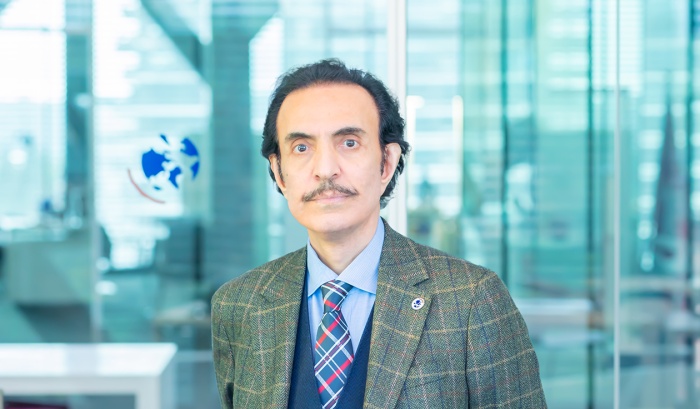Transformative Technologies
Technology is evolving fast. Innovations like AI and quantum computing are reshaping global security - bringing both opportunities and risks.
The Transformative Technologies Cluster focuses on AI and a suite of disruptive technologies (AI is the science of engineering intelligent machines).
Banking, warfare, aviation, health care – all these sectors currently rely on AI, which means that it plays a critical role in our lives, and its relevance will only increase as AI systems continue to be integrated into a growing number of applications, including autonomous robots.
In addition to AI, our Cluster looks at other emerging technologies that could have a revolutionary impact on the future of humankind, including neuro-morphic chips, big data, 3D and 4D printing, nanotechnology, brain-computer interfaces, hypersonic technology, and physical and cognitive enhancement. Perhaps most importantly, these technologies will significantly alter the way in which nations fight wars, while forcing us to reconsider existing legal provisions on warfare and humanitarian rules.
An underlying premise for our Cluster is to alert policymakers to the inherent benefits and challenges of AI and disruptive technologies and raise awareness of the opportunities and risks they could engender. In doing so, the Cluster aims to further the dialogue on the role of innovation in security, thus forging a reputation for the GCSP as a key institution in this debate.
Our annual online course on Transformative Technologies and the Future of Global Security examines the impact of emerging technologies across multiple domains, with a critical focus on their ethical, security, and societal implications. Through in-depth discussions, participants explore both the immediate and long-term effects of these innovations on warfare, strategic dynamics, and global security. The course provides valuable insights to help them navigate the complexities of this rapidly evolving landscape.

